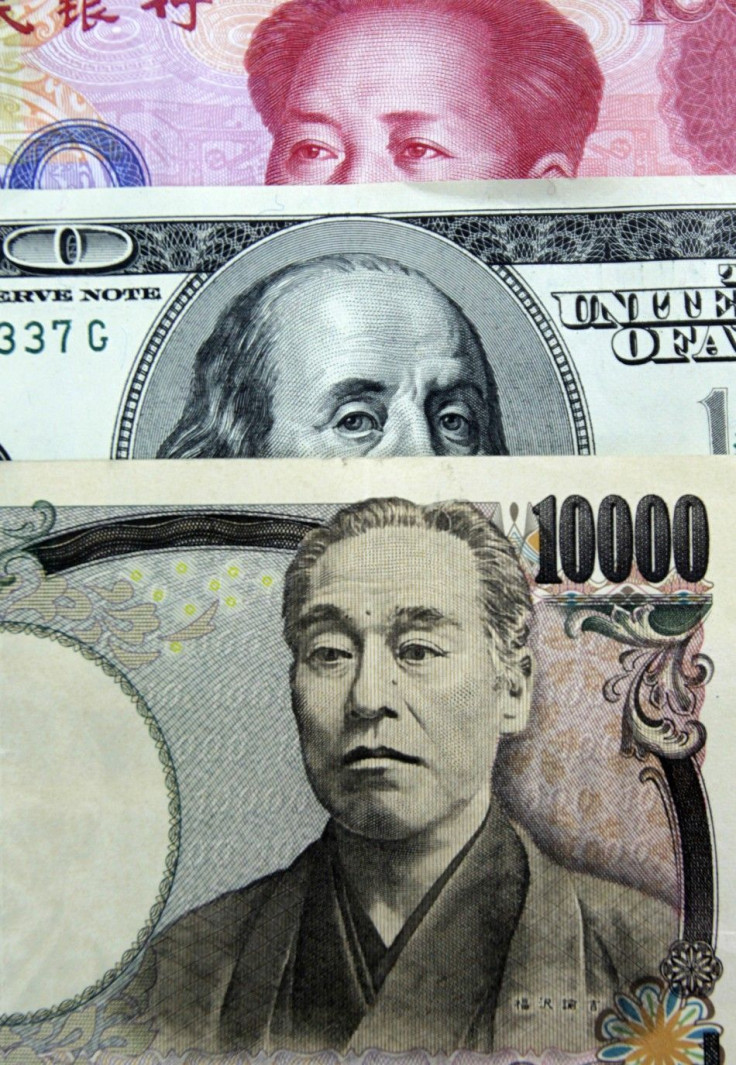Japan’s GDP Contracts; BoJ Keeps Key Rates Unchanged

Japan’s economy contracted in the October-December 2012 quarter, indicating persistent weakness in the economy and the rising pressure on Shinzo Abe's government to adopt strong measures to boost economic growth.
Gross Domestic Product (GDP) fell 0.1 percent in the quarter compared with the previous quarter, and it was lower than expected as analysts had forecast 0.1 percent growth. The economy, struggling to come out of a mild recession, contracted 0.4 percent in the fourth quarter on a year-on-year basis.
However, the fall in GDP did not influence the Bank of Japan’s (BoJ) policy board meeting on Thursday, as the central bank kept the key interest rates unchanged at around 0 to 0.1 percent. The BoJ left its asset purchase fund unchanged at 76tn yen ($813bn).
The world’s third largest economy is battling deflation, falling exports and an investment slump, forcing the newly elected Abe government to resort to radical monetary measures to stimulate growth. The government has increased public spending and adopted an export-friendly monetary policy to revive the economy.
The lower house of Parliament passed Abe’s $117 billion stimulus package on Thursday while the Bank of Japan announced that it would pursue the monetary easing measures to reach its inflation target of 2 percent.
"Japan's economy is expected to level off more or less for the time being, and thereafter, it will return to a moderate recovery path as domestic demand remains resilient partly due to the effects of various economic measures and [as] overseas economies gradually emerge from the deceleration phase," the bank said in a statement.
“These are pre-Abe numbers … He was only prime minister for about the last week of the quarter. We will see a fairly big pick-up this year, led by exports recovering on the weaker yen,” Takuji Okubo, chief economist at Japan Macro Advisors, told Bloomberg.
Japan’s new monetary measures have triggered an international debate, and the issue is expected to see fierce debates in a meeting of G20 finance ministers and central bankers in Moscow beginning on Friday. Japanese policymakers are under pressure to convince the meeting that the new measures are intended to promote growth and are not designed to deliberately weaken the yen to benefit from currency depreciation. The yen has weakened more than 15 percent against the dollar in the last two months, prompting the G7 and Japan’s trade partners to warn the country about the possibility of a currency war among the nations.
Japan’s Topix index traded 0.2 percent down to close at 954.88 for the second day on the GDP data and the BoJ decision, while the Nikkei 225 Stock Average climbed 0.5 percent to 11,307.28 as many overseas investors were in profit-taking mode.
© Copyright IBTimes 2024. All rights reserved.












